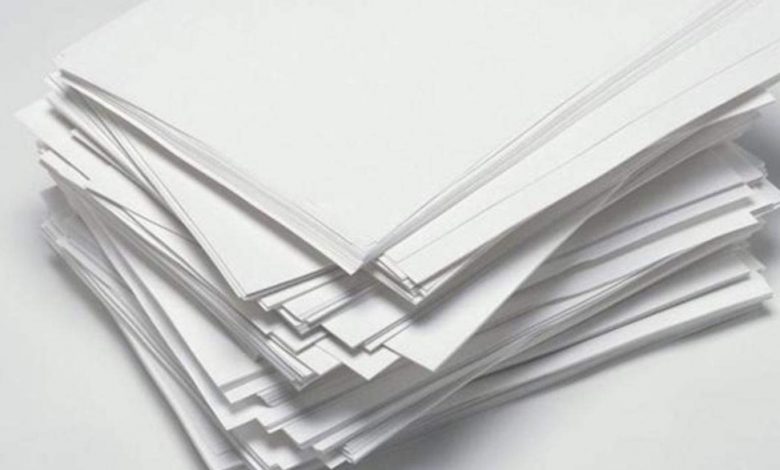Paper

Paper is a thin sheet material produced by mechanically or chemically processing cellulose fibres derived from wood, rags, grasses or other vegetable sources in water, draining the water through fine mesh leaving the fibre evenly distributed on the surface, followed by pressing and drying. Although paper was originally made in single sheets by hand, almost all is now made
on large machines—some making reels 10 metres wide, running at 2,000 metres per minute and up to 600,000 tonnes a year. It is a versatile material with many uses, including printing, packaging, decorating, writing, cleaning, filter paper, wallpaper, book endpaper, conservation paper, laminated worktops, toilet tissue, currency and security paper and a number of industrial and construction processes.
The papermaking process developed in east Asia, probably China, at least as early as 105 CE,[1] by the Han court eunuch Cai Lun, although the earliest archaeological fragments of paper derive from the 2nd century BCE in China.[2] The modern pulp and paper industry is global, with China leading its production and the United States following.
Contents
1 History
2 Early sources of fibre
3 Etymology
4 Papermaking
4.1 Chemical pulping
4.2 Mechanical pulping
4.3 De-inked pulp
4.4 Additives
4.5 Producing paper
4.6 Finishing
4.6.1 Paper grain
5 Applications
6 Types, thickness and weight
7 Paper stability
8 Environmental impact
9 Future
10 See also
11 Citations
12 General references
13 Further reading
14 External links
